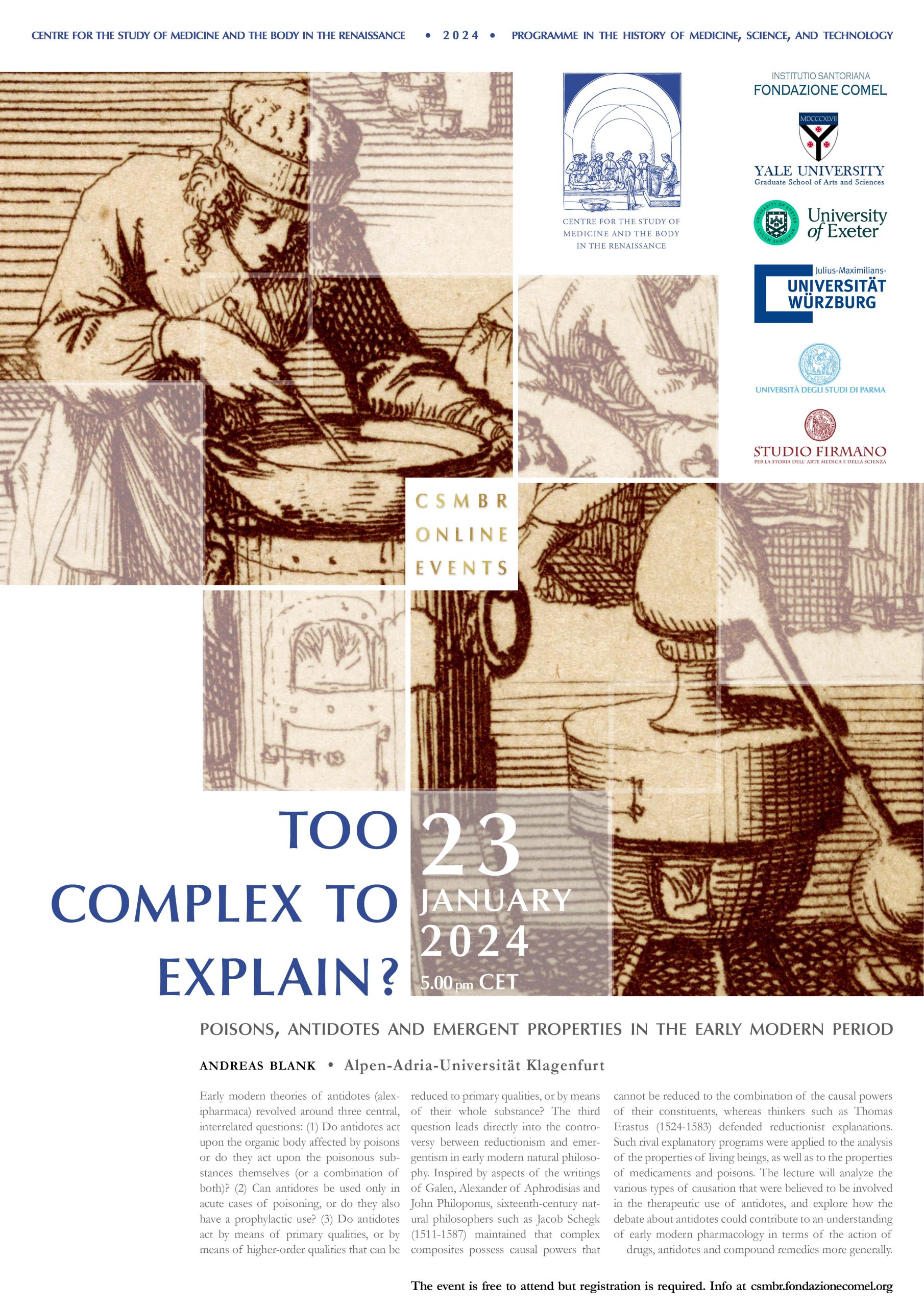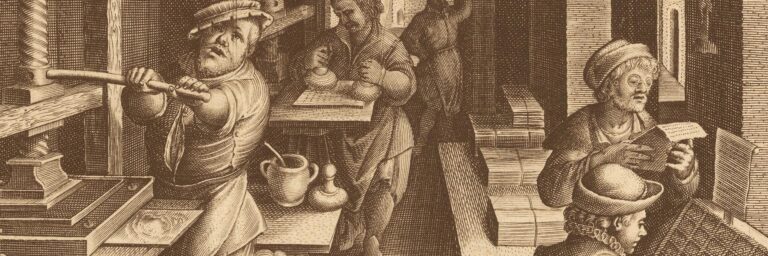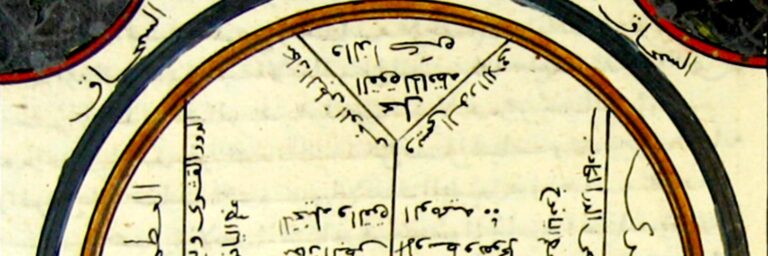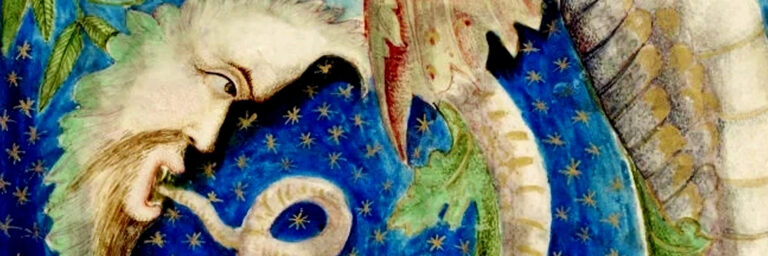Poisons, Antidotes and Emergent Properties
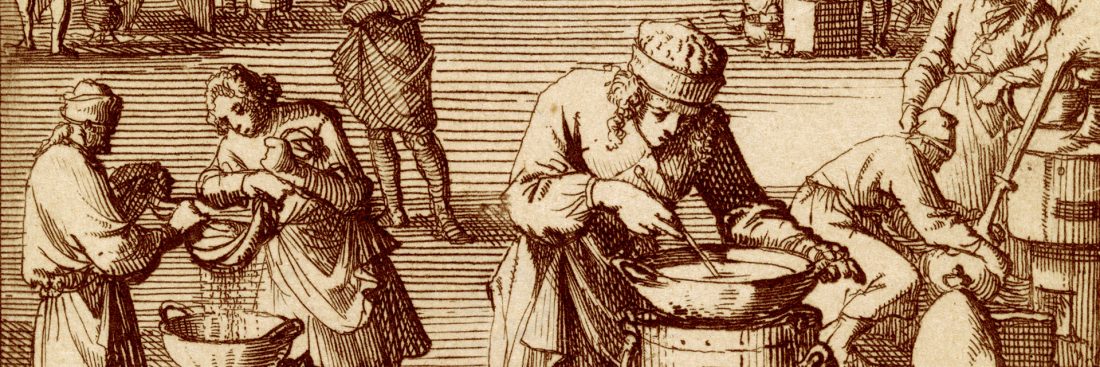
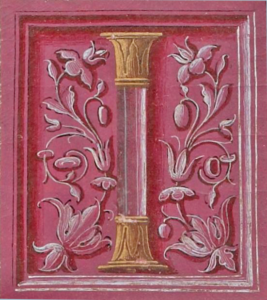
Too Complex to Explain?
Poisons, Antidotes,
and Emergent Properties
in the Early Modern Period
Andreas Blank
23 January 2024 – 5 PM (CET)
Early modern theories of antidotes (alexipharmaca) revolved around three central, interrelated questions:
1. Do antidotes act upon the organic body affected by poisons or do they act upon the poisonous substances themselves (or a combination of both)?
2. Can antidotes be used only in acute cases of poisoning, or do they also have a prophylactic use?
3. Do antidotes act by means of primary qualities, or by means of higher-order qualities that can be reduced to primary qualities, or by means of their whole substance?
The third question leads directly into the controversy between reductionism and emergentism in early modern natural philosophy. Inspired by aspects of Galen’s, Alexander of Aphrodisias’ and Philoponus’ writings, sixteenth-century natural philosophers such as Jacob Schegk (1511-1587) maintained that complex composites possess causal powers that cannot be reduced to the combination of the powers of their constituents.
Other thinkers such as Thomas Erastus (1524-1583) defended instead reductionist explanations. Such rival explanatory programs were applied to the analysis of the properties of living beings, as well as to the properties of medicaments and poisons–many of which derived from plants and animals.
This lecture will analyze the various types of causation that were believed to be involved in the therapeutic use of antidotes, especially the circle of upward causation (the material conditions of the occurrence of new causal powers) and downward causation (the influence of new causal powers on the material foundations from which they emerged).
And it will ask what the debate about antidotes could contribute to an understanding of early modern conceptions of actions of the whole substance–do these action presuppose the emergence of new substances that function as principles of activity and unity or could they be analyzed alone in the terms of the emergence of new causal powers that confer unity upon the composites that produce them.
About the Speaker ...
Andreas Blank holds a Research Position funded by the Austrian Science Fund at the Alpen-Adria Universität Klagenfurt, Austria.
Previously, he has been a Visiting Associate Professor at the University of Hamburg and Bard College Berlin, as well as Visiting Fellow at the Center for Philosophy of Science (University of Pittsburgh), the Cohn Institute for the History and Philosophy of Science (Tel Aviv University), and the Istituto per il Lessico Intellettuale Europeo (CNR, Rome). He has published some 90 articles on early modern philosophy and science in edited volumes and journals such as British Journal for the History of Philosophy, Journal of Modern Philosophy, Journal of the History of Ideas, Intellectual History Review, Journal of Early Modern Studies, Studia Leibnitiana, Annals of Science, Science in Context, Early Science and Medicine, and many others.



